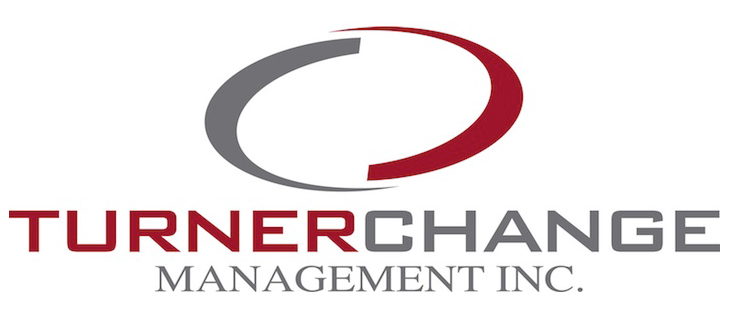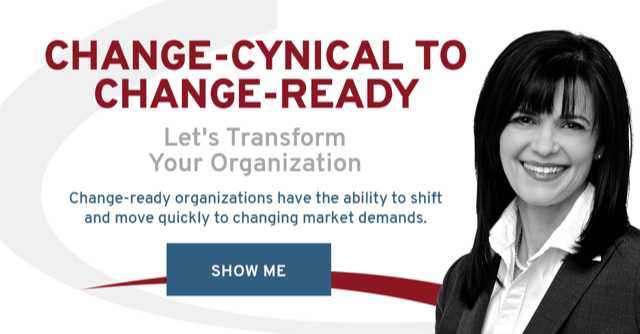One of the commitments I made to myself this year was to write a weekly blog post. Now there I was with the deadline looming, and all I had were a few notes. I could hear her rustling in the background. My inner critic was getting ready to speak.
We all have one—an inner critic. Our inner critic is the thoughts inside our head that are quick to scold, worry, cast doubt, or blame, and provide negative commentary about the issue at hand.
 Uncertainty, fear of the unknown, feeling the discomfort of something new, making a mistake, or trying to meet a goal can awaken our inner critic. In these times, we can find ourselves being less than kind to ourselves. We say things about or to ourselves that we would not say to another person. The problem is that when we criticize ourselves, we become both the attacker and the attacked.
Uncertainty, fear of the unknown, feeling the discomfort of something new, making a mistake, or trying to meet a goal can awaken our inner critic. In these times, we can find ourselves being less than kind to ourselves. We say things about or to ourselves that we would not say to another person. The problem is that when we criticize ourselves, we become both the attacker and the attacked.
What’s needed to reduce the stress and stop the attack is compassion for yourself, the attacker. In the case of your inner critic, that means self-compassion. Self-compassion activates our other built-in safety mechanism (the caregiving system), which has a calming effect.
Self-Compassion is Not Self-Pity
When I introduce self-compassion to the participants in my Stress Management for Organizational Change course, many are skeptical. They think it sounds selfish. Some participants equate it with self-pity or feeling sorry for themselves. Still, others are concerned that self-compassion lets people off the hook when they don’t perform at their best or mess up.
Self-compassion is none of these things.
It is, in many ways, the antidote to self-pity and feeling sorry for ourselves. When you practice self-compassion, you can see the situation without harsh judgements and criticisms. That makes it less threatening to examine what happened and create a course of action.
A little self-compassion can go a long way.
Three Elements of Self-compassion
Self-compassion is treating yourself with kindness and understanding when you fall short, encounter difficulties or fail. It’s is extending to yourself the same compassion you would a friend, child, colleague or anyone you care about. If you wouldn’t say it to a friend, why would you say it to yourself.
Dr. Kristen Neff is the leading expert and researcher on self-compassion. She identified there are three elements to self-compassion.
Nobody likes to be criticized. Criticism easily triggers a threat response, which means we are more likely to avoid, deflect, and defend to reduce the threat. It doesn’t matter where the criticism comes from or its intent. Criticism is not motivating.
Criticism, including self-criticism, weakens us. When we experience criticism we are less likely to learn from our mistakes. Self-compassion has the opposite effect. When you let go of harsh judgements, you reduce the stress response. Therefore you can move beyond feelings of being defeated and out of control. You are willing to explore options, examine what happened and take corrective action.
Research looking a the effect of self-compassion found people who took a self-compassion approach when responding to a failure, personal weakness or moral transgression were more motivated to improve themselves and their performance. Results suggest self-compassion a more effective mode of motivating change[1]
- Framing imperfections as a shared human experience.
Life doesn’t always go as planned. We are often confronted with events we didn’t ask for nor want. We also don’t always perform at our best and all of us have shortcomings. Self-compassion recognizes all of this as part of our shared human experience. In the Stress Management Course for Organizational Change, we talk about being perfectly imperfect humans.
Self-compassion releases us from those feelings of not being good enough, comparing ourselves to others, focusing on our shortcomings, or feeling like we are always messing up. Instead, we can recognize we are not alone. Everyone has shortcomings, makes a mistake, or encounters difficulty. The sense of a shared experience helps us develop the perseverance and resilience to make the necessary adjustments.
The recognition that imperfections and failure are simply part of being human helps bolster our self-esteem. That’s because self-compassion helps us reduce the elements of an event that would otherwise threaten our self-esteem.[2] The positive emotions of self-compassion can kick in when our self-esteem falls, and we haven’t met expectations or failed in some way.
- See things clearly without ignoring or exaggerating problems.
What makes self-compassion so powerful is that we can confront the negative emotions in a non-judgemental way. Therefore, we can work through how to deal with them without being overtaken by them.
Self-compassion helps us create a sense of self-worth because it doesn’t involve judging ourselves. When we practice self-compassion, we demonstrate that we care about our well-being and the need to recover after a setback.
Research done over the past decade is demonstrating the transformative power of self-compassion. One study exploring the effect of self-compassion on overall health and well-being found happiness and optimism were strongly correlated to higher levels of self-compassion[3]
Linda Graham, author of Bouncing Back, states that as we cultivate compassion, including self-compassion, we increase our ability to find a flexible response and improve the conditions for more resilience.
Self-compassion in Everyday Life
We can all learn to be more self-compassionate. In our Stress Management For Organizational Change course, participants are introduced to the practice of self-compassion and given tools to help them develop and use self-compassion to reduce the stress of change.
One simple but powerful tool is helping participants become aware of their language when talking about a shortcoming or experiencing any type of failure. Even one as simple as spilling milk on the floor.
Try this exercise. Next time you mess up (and we all do), whether it’s a minor transgression or something more significant and you are about to criticize yourself. STOP. Remind yourself that messing up doesn’t mean you are any of those things. Instead of saying, “I am such an idiot, clumsy, unorganized… (pick your poison word), shift your language. Choose words that reflect the situation without judgement.
“Approaching painful feelings with self-compassion is linked to a happier, more optimistic mindset and appears to facilitate the ability to grow, explore, and wisely understand oneself and others[4].” -Dr. Neff
Finally, let me know how you found the exercise helpful. I’d love to hear your thoughts.
References
[1] Breines, J., & Chen, S. (2012). Self-compassion increases self-improvement motivation Personality and Social Psychology Bulletin.
[2] Leary, M., Spears Adams, C., Shonkoff, E., & Allen Batts, A. (2007). Self-compassion and reactions to unpleasant self-relevant events: The implications of treating oneself kindly Journal of Personality and Social Psychology, 92(5).
[3] Neff, K., Rude, S., & Kirkpatrick, K. (2007). An examination of self-compassion in relations to positive psychological functioning and personality traits Science Direct: Journal of Research in Personality
[4] Neff, K., Rude, S., & Kirkpatrick, K. (2007). An examination of self-compassion in relation to positive psychological functioning and personality traits Science Direct: Journal of Research in Personality 41.



